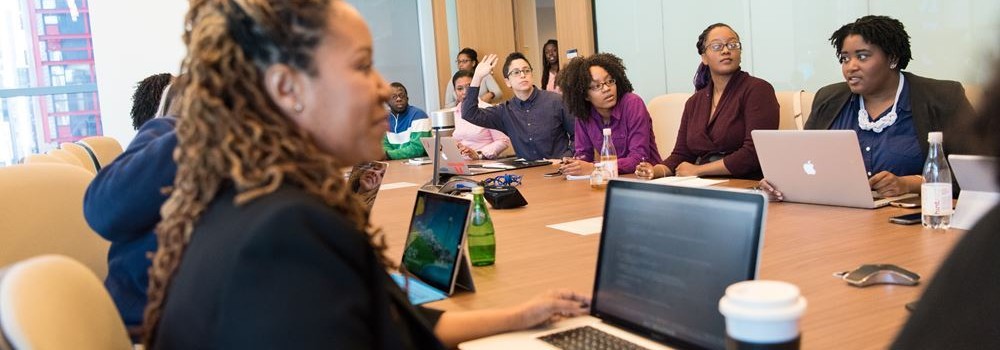- Home
- Business Processes
- Industry Knowledge
- Aerospace Industry
- Automotive Industry
- Banking Domain
- BFSI Industry
- Consumer/ FMCG Industry
- Chemicals Industry
- Engineering & Construction
- Energy Industry
- Education Domain
- Finance Domain
- Hospitality Domain
- Healthcare Industry
- Insurance Domain
- Retail Industry
- Travel and Tourism Domain
- Telecom Industry
- Leadership Skills
- eLearning
- Home
- Leadership
- Tags: leadership studies
Tagged with: leadership studies
Open Systems Model

The open systems model of leadership acknowledges the influence of the environment on organizations. An open system regularly exchanges feedback with its external environment. The environment also provides key resources that are necessary to sustain and lead to change and survival. Leadership in an open system should focus on influence, open communication, and patterns to control expanding the number of variables created by external dynamics.
Participative Leadership Theories

Participative leadership theories rely on the involvement of different participants and suggest that the ideal leadership style is one that takes the inputs of others into account. Participative leaders encourage participation and contributions from group members and involve them in the decision-making process. Participative leadership tries to achieve through people, teamwork and collaboration.
Path Goal Leadership Theory

The Path-Goal theory defines the characteristics of followers and organizational context and the corresponding leadership style best suited to these factors. A leader should adapt to a behavior that is most relevant for a given employee and work environment mix to achieve a goal. The application of theory drives increased employees' motivation, empowerment, and satisfaction resulting in increased productivity.
Psychodynamic Approach

The Psychodynamic Approach to leadership focuses on leaders building an understanding of their personality characteristics to know why they act or react in certain ways. Psychodynamics theory aims to explain the dynamics of human behavior in which lies the essence of leadership, by analyzing various motives that govern a person's behavior. This information can be used to develop leaders and followers by understanding their responses based on their personalities.
Reciprocal Influence Approach

Reciprocal influence theory also known as reciprocal determinism is authored by Albert Bandura and states that an individual's behavior influences and is influenced by both the social world and personal characteristics. Three factors that influence behavior are the environment, the individual, and the behavior itself. Certain leader behaviors can cause subordinate behaviors and reciprocal influence on the leader by the group.
Explore Our Free Training Articles or
Sign Up to Start With Our eLearning Courses

About Us
Learning
© 2023 TechnoFunc, All Rights Reserved